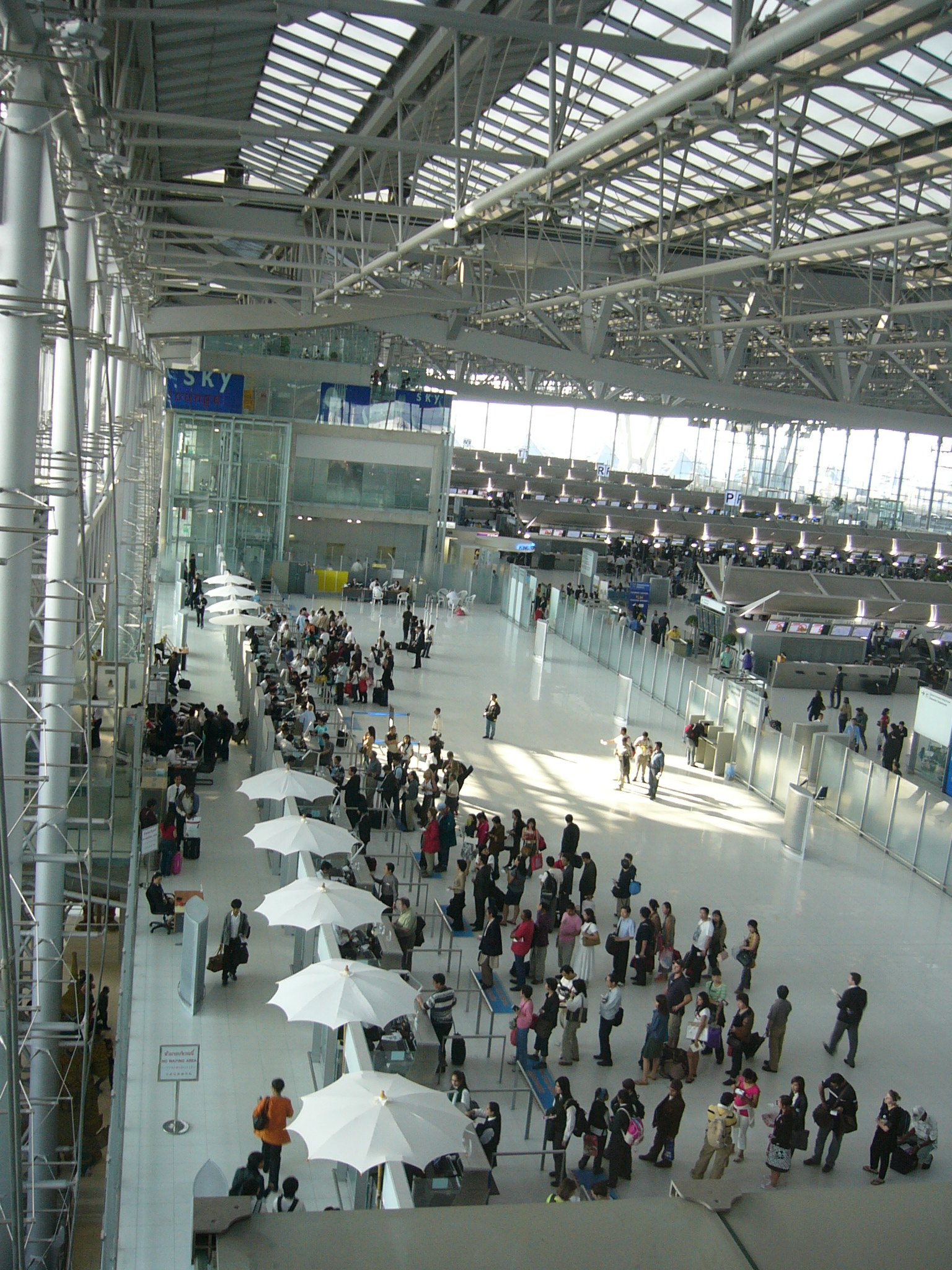A form of regulated borders or ‘border control’ has existed since medieval Europe. In these time’s ‘borders’ equated to the ancient stone walls such as the enclose the city of York and high castle walls. By nature, an exclusionary force these walls were a method of protection against invading bodies but were also used to exclude ‘undesirable’ people such as beggars, lepers, Gypsies and Jews. Another use appeared during the Ottoman Empire, in which border controls were essential to control disease and to prevent the spread of the plague as all travellers entering and leaving the Empire would be quarantined for 9-15 days.

Commercially available image
In modern times, during World War I, European governments more broadly introduced border passports requirements, invented first by Henry V in 1414 as positive identification of subjects in foreign lands, to control the emigration of people with useful skills. Whilst controversial, the controls remained despite being deemed ‘nasty dehumanisation’ by British tourists during the 1920s due to the photographs and physical descriptions. This is hard to imagine now but think of the unease many feel about the prospect of facial recognition being employed at large in cities, the same sense of discomfort existed in the 1920’s at the prospect of being traced across countries never mind your own city.
However, the medieval concept of ‘undesirables’, never left. In 1882 the Chinese Exclusion Act in America restricted the entry of East Asians to the country. Such regulations were a detriment to the economy and few countries introduced similar discriminatory border policies. Until the decolonisation movement. Border controls emerged as part of colonial logistics of racial domination and exclusion. After World War Two the British Nationality Act 1948 enabled 800,000,000 subjects in the British Empire to work and live in the UK. High demand in the labour market for post-war recovery, especially in the newly established NHS and London Transport resulted in many people being encouraged to travel to England from the colonies, including those who boarded the Empire Windrush in 1948. Such members of the Commonwealth had been labelled British subjects and grew up under British rule, it is unsurprising that mass immigration to ‘Great’ Britain, the motherland began. Despite not strictly intended to enable mass immigration, this was the result.
However, despite the narrative perpetuated in the colonies, many migrants were not welcomed by the British public. This led to a Cabinet Committee in June 1950 to find a way to ‘check the immigration into this country of coloured people from British colonial territories. A new group of ‘undesirables’ had been established. Requirements to already obtain a job, possess special skills or meet labour needs were implemented by the Commonwealth Immigrants Act 1962. A further 1968 Act required migrants to have a ‘substantial connection’ with the UK via birth or ancestry to a UK national. One-month later Enoch Powell delivered the infamous Rivers of Blood speech. Border controls became increasingly stringent with money being diverted to policing the borders. Yet, there is a lack of attention on addressing the reasons behind migration. Juno Mac and Molly Smith argue that the largest reason behind migration is partly the ‘gross inequality between nations which in a large part is a legacy of colonial and contemporary plunder and imperialist violence’. They reason that the acts of the colonial powers perpetuated a disadvantage to countries which still exists today. People leave their homes in search of a better life, to send money home to their struggling families. In December 2019 a formal study conducted by the government found that the most common main reason for immigration was study (35%) and work the second (32%). Education and work. This is unsurprising. The UK boasts some of the oldest education establishments in the world, not only this but during colonisation we forced locals to our adopt our education system, to speak our language and practice our religion. We created a global economic market, but we also created a global demand for our higher education system. We exported our values and encouraged our teachings; it is unsurprising that we created a greater demand for our higher education systems to achieve such values.

commercially available image
The main reasons for mass migration, poverty, war and climate change all have man-made causes and reproduce the glaring inequalities from which they emerge. Countries in the global North have the strictest border controls, but produce the greatest carbon emission, the repercussions felt most heavily by those in global south.
Today, we are not all British citizens. The British Nationality Law 1981 categorises us as British subjects, British overseas citizens and overseas nationals with each heading constituting a different complex status of citizenship and the right to live in the UK. Inherently a hostile regulation invented to exclude, in current times, we are failing to use border controls for one of its few positive uses, to control disease. The importance of the economy has overtaken one of the most powerful tools we have to controlling a pandemic. Hostile to immigrants during a refugee crisis, yet open for travel during a pandemic seems nonsensical and yet, here we are. The way in which we have utilised border controls as a tool has been previously defined as hostile, perhaps it is time we change the narrative we wish to send to the world.
